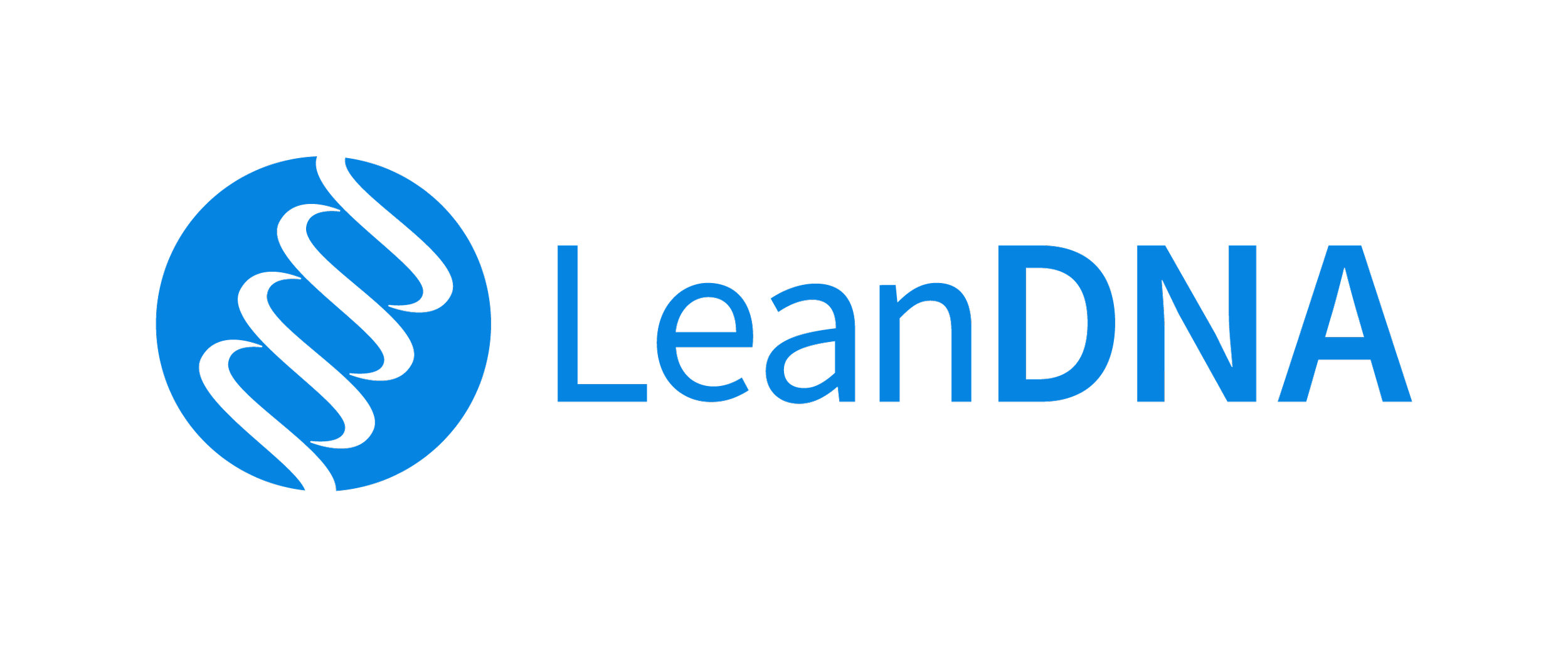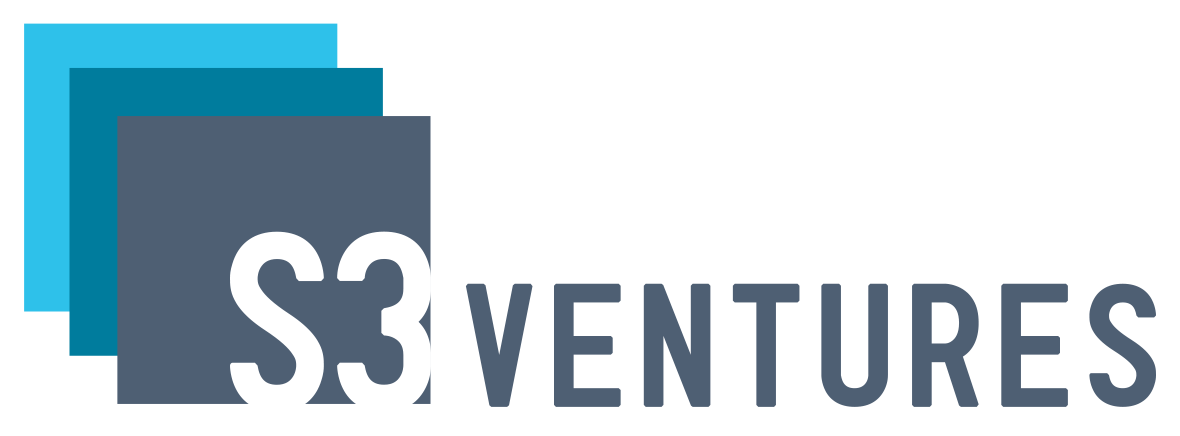Richard Lebovitz
Founder & CEO, LEANDNA
GET TO KNOW RICHARD...
Hometown:
Austin, Texas
Alma Mater:
University of Texas at Austin, Mechanical Engineering
Hobbies:
Tennis, Biking, Fishing, and Snow Skiing
Q: Why did you start LeanDNA?
A: My favorite part of this job—and the driving force of LeanDNA’s creation—is helping companies and individuals in procurement and supply chain roles succeed. Often, these roles are thankless ones, wrought with tedious work and limited technology to empower daily decision making. The factory is where plans and disruptions come to life; inefficiencies can be detrimental, and yet, this area of the business has been unsupported by new technology for years. I created LeanDNA to help solve this problem.
Q: As a repeat entrepreneur, what are the biggest lessons learned at your first company that you were able to apply at LeanDNA?
A: The ability to execute is key. Coming up with an idea is easy, but most people struggle turning these ideas into a real company. I also think it is important for any founder, even if technical, to be able to sell. Even when I was writing the code for my first product, I found myself always having to use sales skills - whether it was the first customer, the first employee, or the first investor.
Q: In your opinion, what is the most challenging aspect of fundraising?
A: I have found fundraising to be rather easy as long as you have done the hard work to build a great company. The mistake is trying to change your process and create data that doesn’t exist in order to complete a fundraising round. I also think it is important to prioritize and identify those firms you want to target, and spend your time with those teams. Spending the time up front to develop a good fundraising strategy will allow you to get the process completed quickly and get back to work.
Q: What do you believe has been your biggest career achievement thus far?
A: This past year we not only received some individual awards and company awards, but we had one of our customers win a major award for their deployment and use of LeanDNA. It was exciting to help them earn that recognition as our ultimate goal is to make our customers and their leadership successful.
Q: What is the best advice you have received that you would like to share with others?
A: At the end of the day, we’re always thinking about what we can do to make work easier for people. If we can do that, our teams will be happier, more efficient, more productive, and do higher quality work. The best way to get people to adopt change and successfully drive digital transformation is by providing them with the tools that make their work easier.
Q: What is your philosophy of employees working remotely vs. in-person?
A: I believe that innovation and collaboration are best done when people are together in-person. For those individuals that can work in person as a team, it is not only better for their own development but better for the company. I find the best approach is to be able to operate effectively when some of your team members are remote, but make an effort to get people together and encourage them to work together in-person as much as possible.
Q: What part of your role as CEO are you most passionate about?
A: I love building innovative products that have the possibility to change the world. My favorite thing? When a VP of Supply Chain running multiple manufacturing sites can go from complete chaos to complete command over their operation, garnering recognition and acknowledgment from the organization.

LeanDNA is a leading inventory optimization and execution platform that is solving the execution gap in the supply chain. This cloud-based platform synchronizes execution across the supply chain, empowering manufacturers to prioritize and collaborate to resolve critical material shortages and excesses. With LeanDNA, manufacturers in industries that include aerospace, industrial, automotive, and medical know they will get the right part in the right place at the right time.
“It’s important for any founder—even if technical—to be able to sell. Even when writing code for my first product, I found myself needing sales skills for my first customer, my first employee, and my first investor.”

